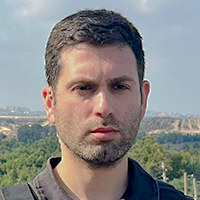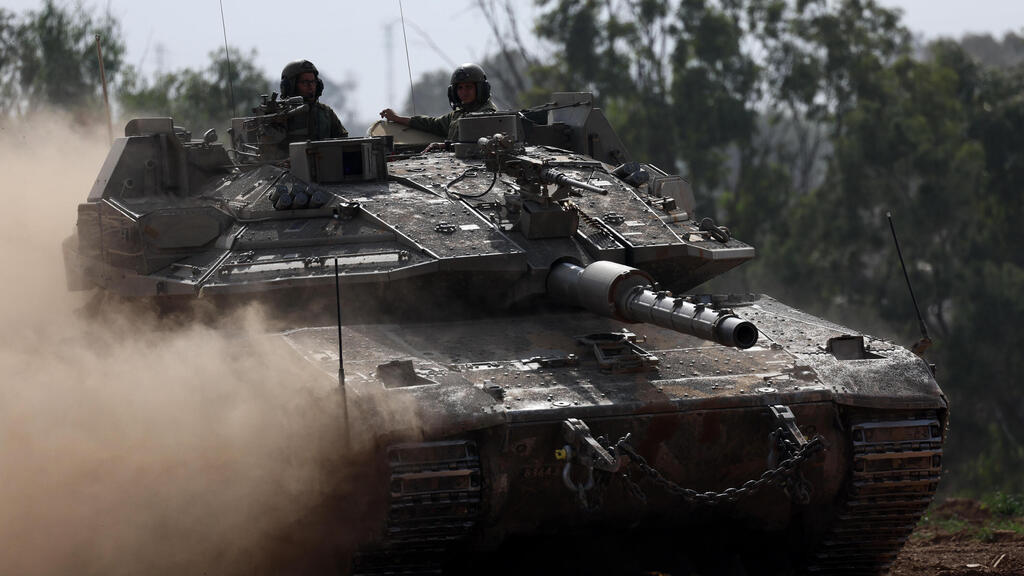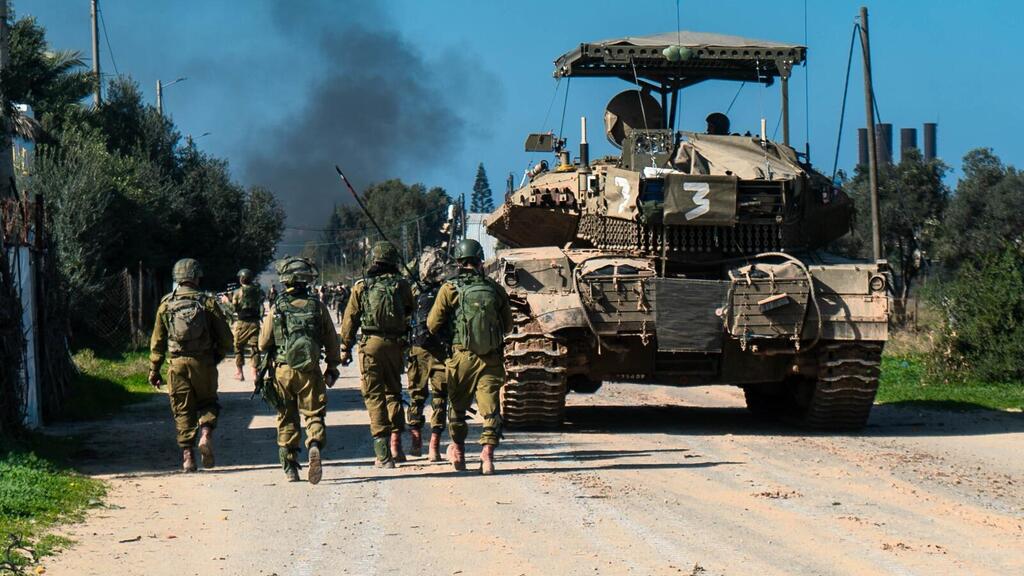The ongoing war in the Gaza Strip is leading to an increase in motivation for young people to enlist for combat units not traditionally sought after in the IDF. After years of relative security calm that resulted in a decline in the desire to serve as combat operatives, especially in technological units, the current heightened tensions are reshaping recruitment patterns.
Read more:
A decade ago, the IDF abandoned the practice of checking motivation for combat in pre-enlistment interviews, which used to account for around 67% of conscripts (secular and religious). In the latest recruitment cycle, officers faced no difficulty filling the ranks of various units due to the increased eagerness to engage in the war.
For the upcoming March draft, inflation in applications is already evident, particularly for the combat unit that neutralizes most terrorists from the ground – the Armored Corps. Hundreds of prospective conscripts who indicated tank service as their top preference in the motivation questionnaires learned that there might not be enough spots due to overwhelming demand.
In an unprecedented decision, the IDF Personnel Directorate allowed them, at their request, to defer their draft to the next cycle to serve as tank crew members.
In addition, amid the ongoing war and changing dynamics, the IDF, after years of debate, is expanding the Armored Corps. Previously, a single and downsized Armored Corps regiment operated under the Caracal Brigade, one of the three full combat units (alongside the 'Lions of Jordan Battalion' and the 'Cheetah Battalion') that are composed of both male and female soldiers.
However, following their successful performance on October 7 when they infiltrated the Kerem Shalom border crossing with tanks from the Egyptian border, the integration of female fighters into the Armored Corps is expanding.
The high demand for armored units reflects an increasing need. The IDF has chosen to proceed cautiously to minimize risks to soldiers, emphasizing that "the security of our forces precedes speed of action." The leadership of the combat reconnaissance teams has been closely coordinated with tanks and engineering combat soldiers on IDF Caterpillar D9s, a system that is expected to grow by a third this year.
Due to the growing demand for tanks and the influx of conscripts from intelligence units, new regular armored reconnaissance companies will be established in the coming months based on existing reserve units.
In addition to these changes, the IDF is also preparing to return to a three-year service for male conscripts, as opposed to the current two years and eight months, at least for combat roles, due to the expected continuation of the war in the foreseeable future.




